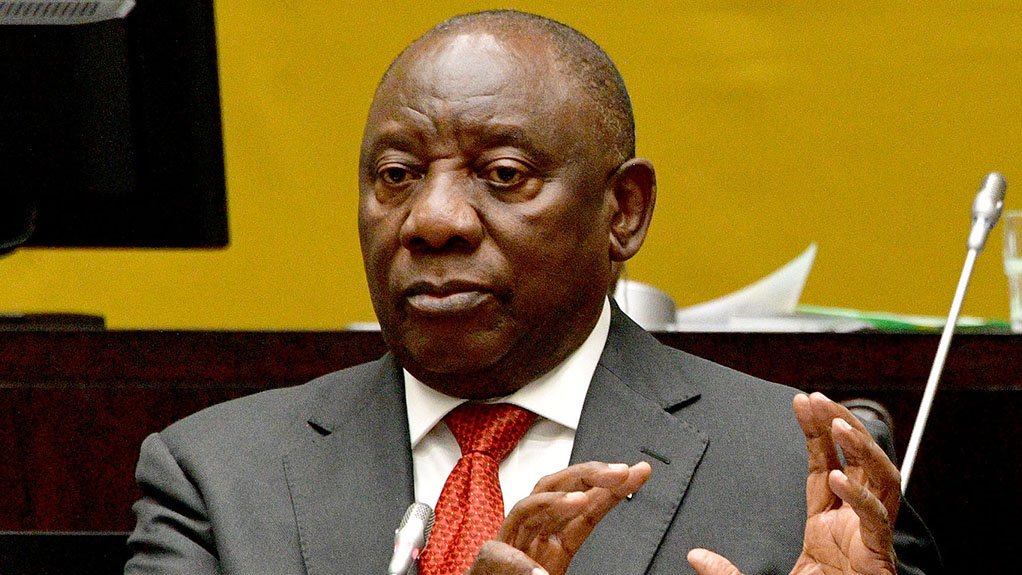While the recently launched African Continental Free Trade Area will provide advantages for South African companies, the efficiency and competitiveness of the country’s logistics architecture needs to improve, which President Cyril Ramaphosa has assured will happen.
In his weekly letter to the nation, the President acknowledged that the State-owned Transnet’s ports and rail lines have been in operational decline, also adding extreme pressure to the country’s roads, however, he said by working together, the private sector and government are seeing positive results, steered by Transnet’s Freight Logistics Roadmap.
“The roadmap outlines a clear set of actions to stabilise and improve Transnet’s performance in the short term and to fundamentally reform the logistics system in the long term. To ensure this work receives dedicated attention, we established the National Logistics Crisis Committee, which is chaired by the Presidency and brings together all of the relevant government departments to drive a coordinated response to the logistics challenges. We have also established Corridor Recovery Teams which bring Transnet, the private sector and independent experts together to improve the performance of strategic rail and port corridors,” he said.
In highlighting port improvements, Ramaphosa noted that port congestion in Durban had reduced significantly from over 60 ships waiting to berth in mid-November to 12 by the end of January.
The Port of Cape Town has received seven new cranes for stacking and vessel turnaround times will be improved through increased work shifts.
The Freight Logistics Roadmap, meanwhile, hoped to improve logistics and allow for infrastructure investment with the help of the private sector and competition between rail and port, whilst ensuring that infrastructure was State-owned, Ramaphosa asserted.
“A key milestone in this reform journey will be the implementation of ‘open access’ to the freight rail network, which will allow private rail operators to invest alongside Transnet Freight Rail for the first time. Another key step is the introduction of strategic partnerships in container terminals, which will enable new investment to expand port capacity and upgrade equipment. Progress has already been made with the appointment by Transnet of an international container terminal operator for the Durban Pier 2 terminal,” he explained.
Assurances that no jobs will be lost, while Transnet owns 51% of the terminal remain at the forefront of the partnership.
Terminal management will fall to the private partner and it will contribute capital and expertise.
“The process of reform takes time and there are no quick solutions to the challenges facing Transnet. However, the steps we are taking now will not only improve performance in the immediate term, but will also create a truly competitive and efficient system into the future,” Ramaphosa stated.
EMAIL THIS ARTICLE SAVE THIS ARTICLE ARTICLE ENQUIRY
To subscribe email subscriptions@creamermedia.co.za or click here
To advertise email advertising@creamermedia.co.za or click here











